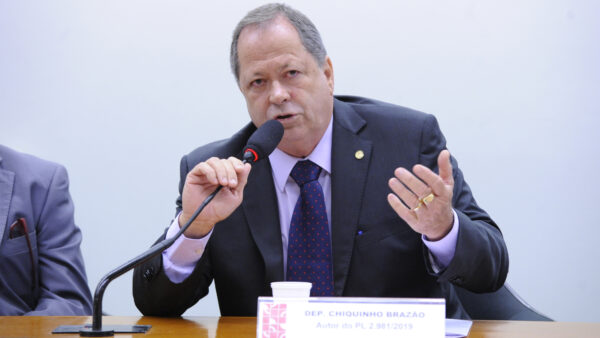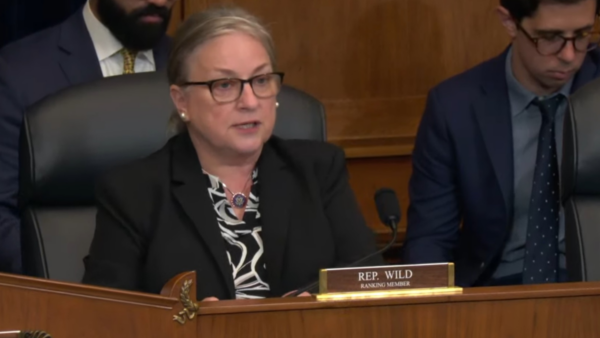The Supreme Court on Wednesday postponed a trial on decriminalizing the possession of drugs for personal use, a day after conservative lawmakers in the House pushed forward on a bill that goes in the opposite direction.
Currently, possessing drugs for personal consumption does not carry a prison sentence in Brazil, but the lack of criteria for distinguishing personal use from possession with intent to sell has created a legal gray area, which has seen the police and judicial system often use racial bias in drug possession arrests.
One day before the discussion took place in Brazil’s highest court, a majority of the House Public Security Committee approved a bill that would impose a prison sentence of two to four years for people caught in possession of illegal drugs for personal consumption. The bill’s rapporteur is Congressman Cabo Gilberto Silva, a member of far-right former President Jair Bolsonaro’s Liberal Party, and also of the so-called “bullet caucus” in Congress — a large group of pro-gun, tough-on-crime lawmakers.
The bill will proceed to the Constitution and Justice Committee before a floor vote in the lower house.
The Supreme Court’s trial on decriminalizing the possession of drugs for personal use had been suspended since 2015 until being reopened this week. Justice Alexandre de Moraes voted in favor of decriminalizing possession of up to 60 grams of cannabis, but not other drugs.
Justice Gilmar Mendes, who voted years ago to decriminalize all drugs for personal use, asked for the case to be suspended so the justices could reach a consensus. Justices Luís Roberto Barroso and Edson Fachin also voted to decriminalize cannabis possession, but each set different criteria to define personal use.
In recent years, the House’s conservative caucus has often sought to pass legislation before the Supreme Court rules on the same issue. Last year, for example, the Public Security Committee approved a bill granting amnesty to 74 police officers convicted for the 1992 massacre at São Paulo’s Carandiru prison. In May, the House approved the so-called “time frame argument” that would make it more difficult for indigenous peoples to obtain land demarcation.
So far, however, these efforts have been unsuccessful. Justice Barroso upheld the conviction of the Carandiru officers, and the “time frame” bill has stalled in the Senate. The Supreme Court has not concluded its case on the matter.


 Search
Search











































